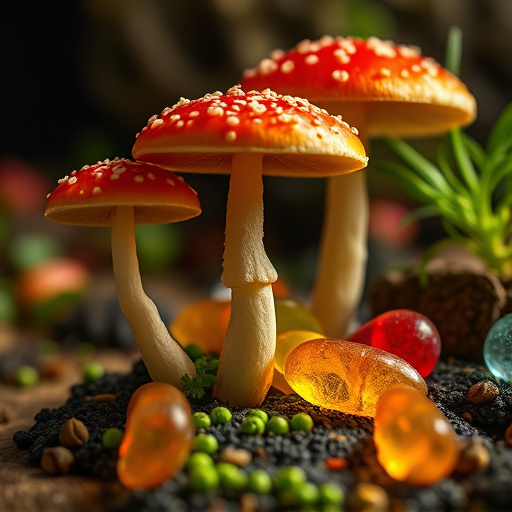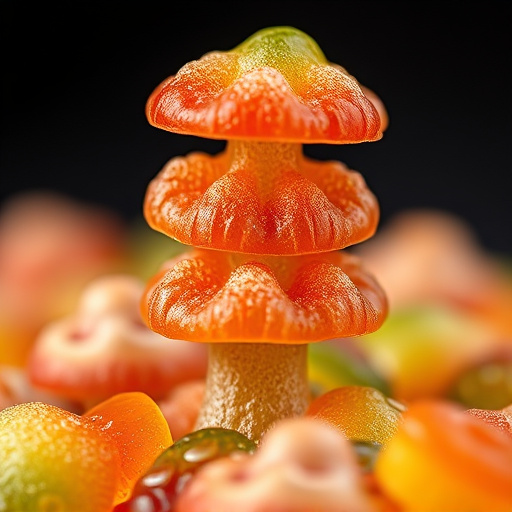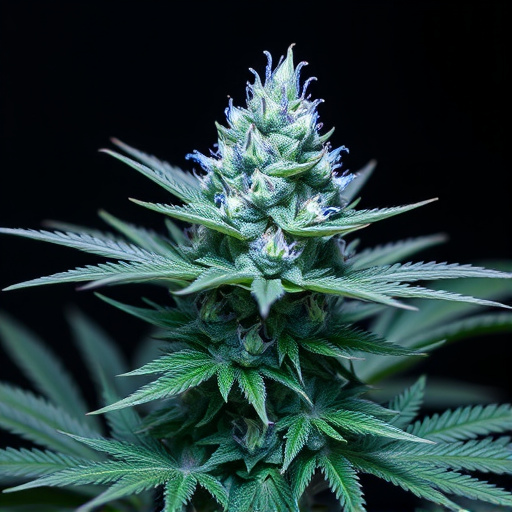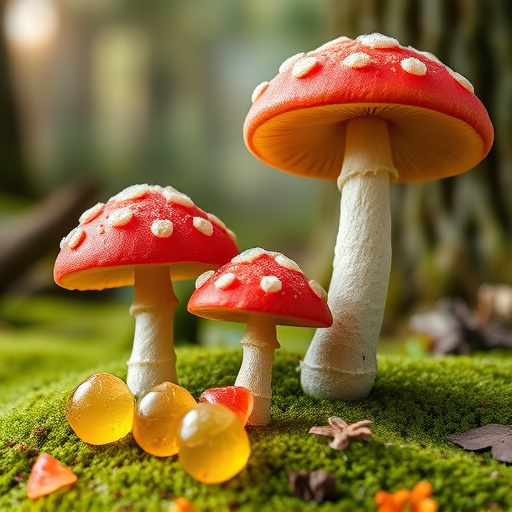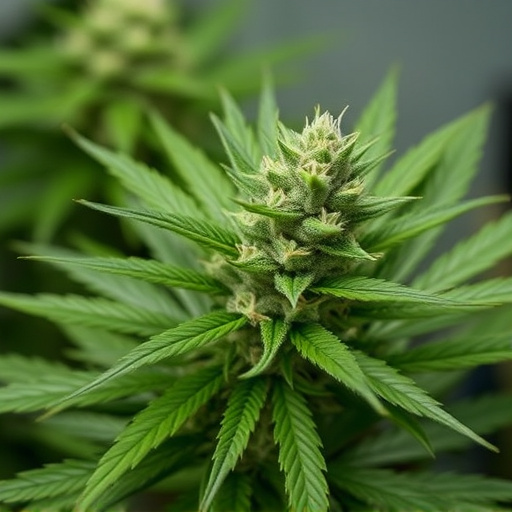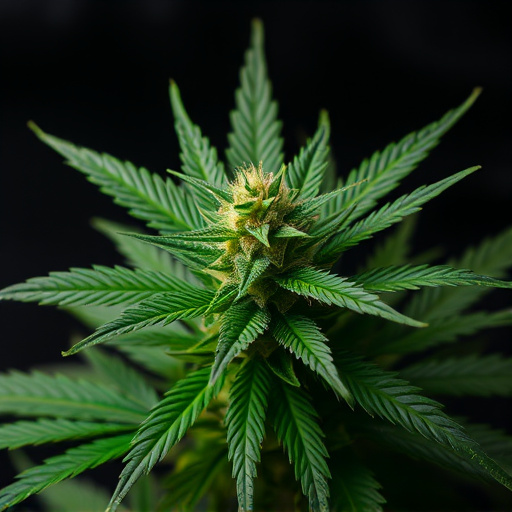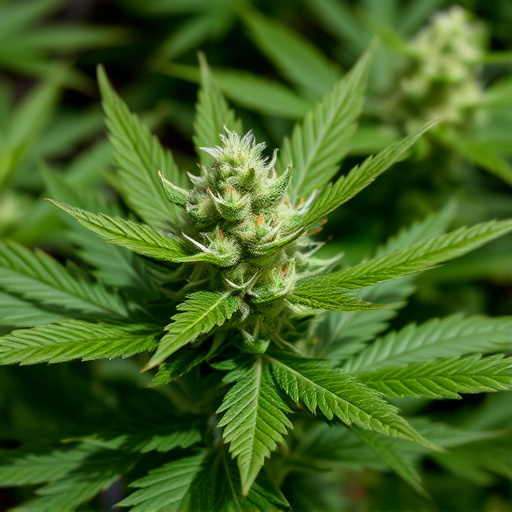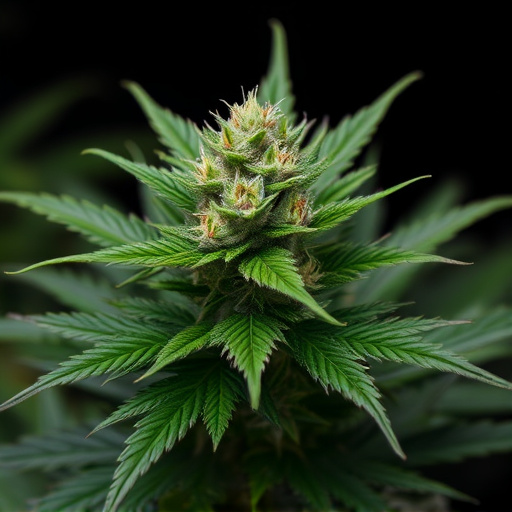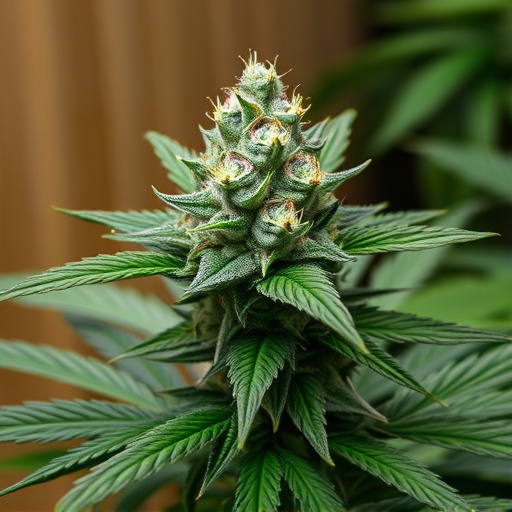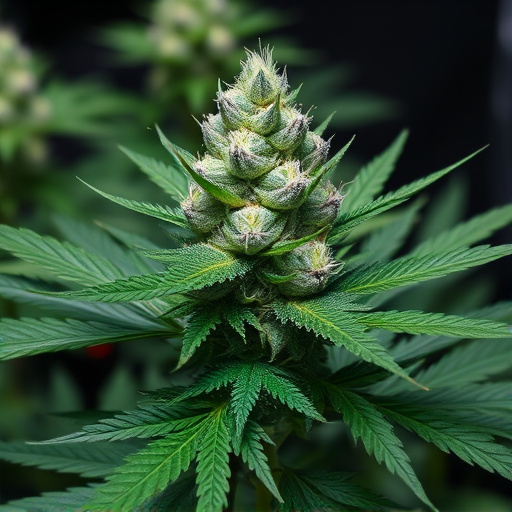Cannabis, particularly high THC sativa strains, can cause severe symptoms like anxiety and paranoia with excessive consumption due to its complex composition of cannabinoids. While rare, an 'overdose' is possible, especially for first-time users or those consuming edibles, as effects may build up over time. Prevention focuses on education about strain potency, starting with low doses, and monitoring reactions. Supportive care and medical attention are crucial in case of adverse reactions, alongside addressing underlying mental health concerns.
Can you overdose on cannabis flower? Despite its growing popularity, this question remains pertinent, especially with the proliferation of high THC sativa strains. This article delves into the complexities of cannabis consumption, exploring the factors contributing to potential overdoses and providing insights into understanding potency levels. By examining the risks associated with potent strains, we aim to empower users with knowledge, offering prevention strategies and treatment guidelines for a safer cannabis experience.
- Understanding Cannabis and Its Potency
- Factors Contributing to an Overdose
- Prevention and Treatment Strategies
Understanding Cannabis and Its Potency
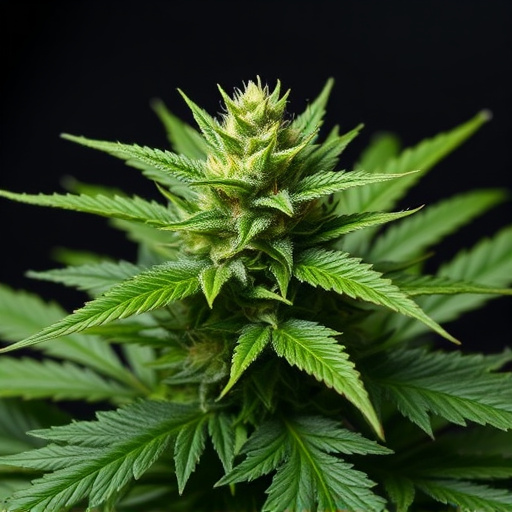
Cannabis, with its diverse compounds and varying potency, is a complex substance that requires understanding before consumption. The plant contains over 100 cannabinoids, the most well-known being THC (tetrahydrocannabinol) and CBD (cannabidiol). High THC sativa strains, known for their potent effects and psychological highs, typically have higher concentrations of THC than other varieties. This heightened potency is a double-edged sword; while it can lead to more intense experiences, it also increases the risk of an overdose.
The concept of overdosing on cannabis is different from that of traditional drugs. There’s no lethal dose in the conventional sense, as cannabis doesn’t affect vital organs like the heart or liver in damaging ways. However, excessive consumption can result in severe psychological and physiological effects, including anxiety, paranoia, dizziness, nausea, and increased heart rate. These symptoms are generally not life-threatening but can be distressing, especially for first-time users or those consuming high THC strains.
Factors Contributing to an Overdose
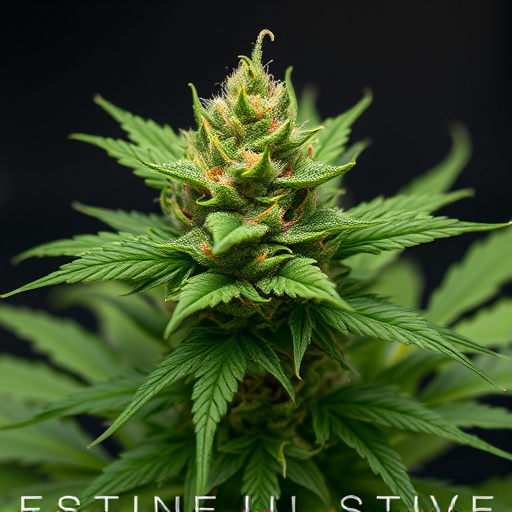
While cannabis is generally considered safe, an overdose is still possible, especially with modern high THC sativa strains. The primary factor contributing to an overdose isn’t the cannabis itself but the user’s tolerance and the method of consumption. High THC levels can be particularly potent for inexperienced users or those consuming edibles, as the effects may build up over time rather than manifesting immediately.
Other contributing factors include the type of cannabis consumed—sativa strains known for their high THC content can exacerbate risks—and the amount ingested. Overeating edibles, where the active compounds are absorbed more slowly and unpredictably, can lead to a “over-activation” of the endocannabinoid system, resulting in unpleasant symptoms commonly associated with cannabis overdose, such as anxiety, paranoia, dizziness, and nausea.
Prevention and Treatment Strategies
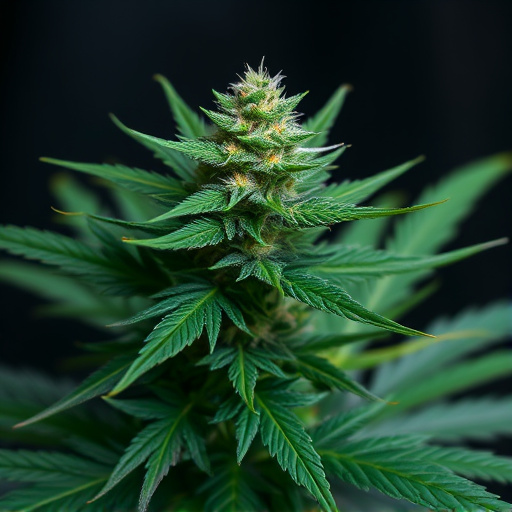
While cannabis is generally considered safe, the potential for an overdose exists, especially with high THC sativa strains. The key to prevention lies in awareness and moderation. Educating oneself about the strain’s potency and starting with low doses is crucial, allowing individuals to gauge their tolerance and avoid consuming excessive amounts. Monitoring effects and stopping use if any adverse reactions occur are essential preventive measures.
In case of an overdose, treatment strategies focus on managing symptoms. If someone experiences severe anxiety, paranoia, or panic attacks, seeking immediate medical attention is vital. Supportive care, including staying hydrated and in a safe environment, can help. Inducing vomiting is not recommended unless advised by a healthcare professional. Effective treatment also involves addressing the underlying reasons for excessive cannabis use, which may include stress, anxiety, or other mental health concerns.
While cannabis is generally considered safe, it’s important to be aware that consuming excessive amounts of high THC sativa strains can lead to an overdose. Understanding the factors contributing to these incidents and being armed with prevention strategies is key. If an overdose occurs, prompt treatment is essential. By educating ourselves and practicing moderation, we can enjoy cannabis safely and avoid adverse effects.


